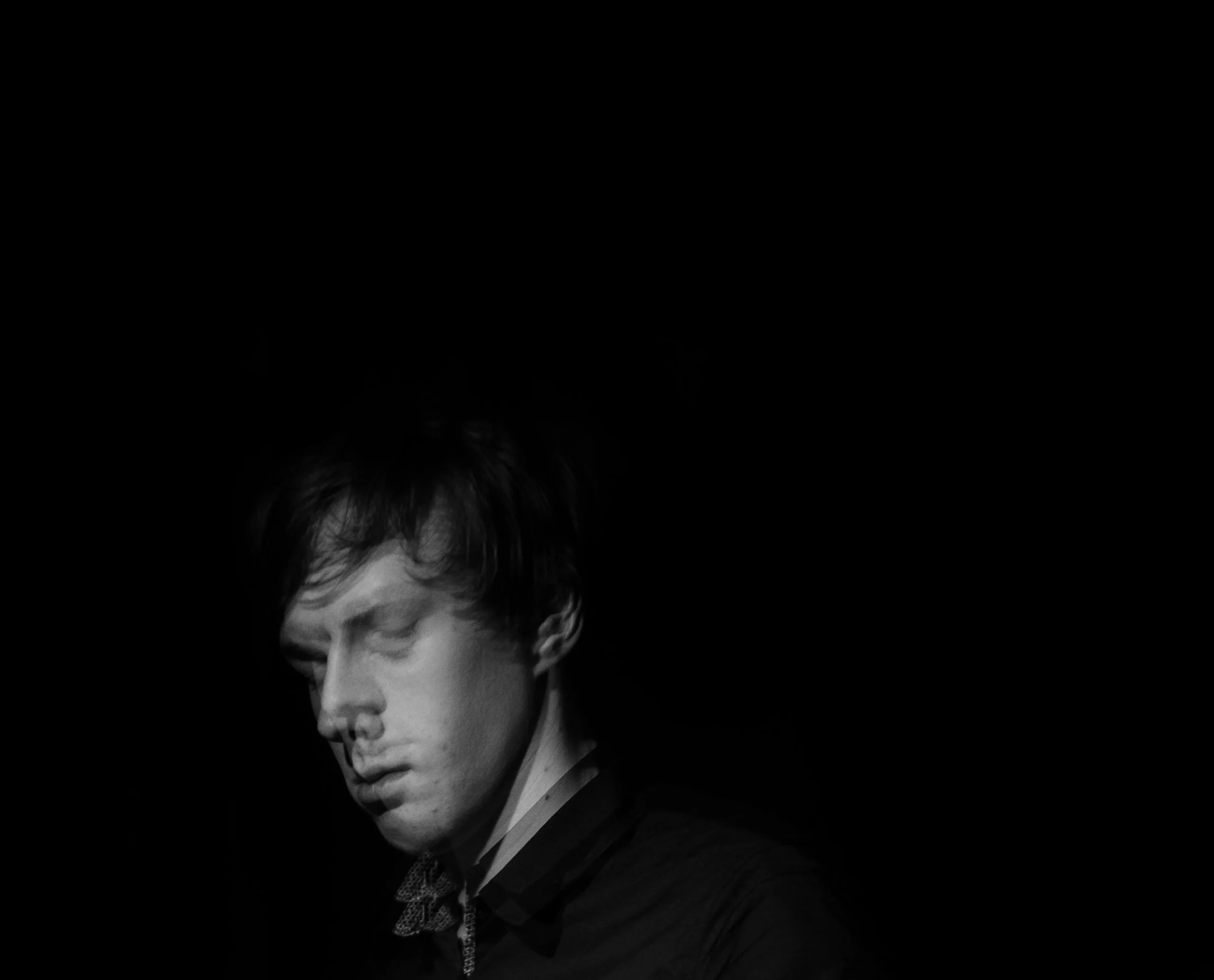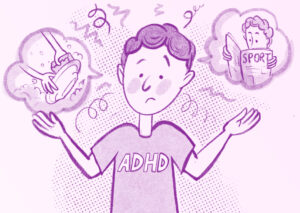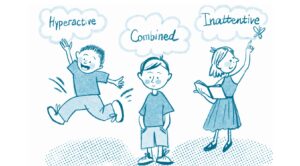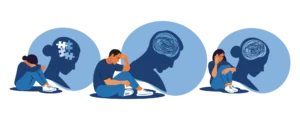Depression is one of the most prevalent mental health disorders in the world, affecting over 280 million people globally. Despite its widespread impact, many people still struggle to recognize the early signs. Left unaddressed, depression can spiral into severe mental, emotional, and even physical distress.
Identifying the symptoms early can make all the difference. Timely support and intervention can lead to faster recovery and prevent further mental health complications. This blog, curated with insights from psychologist Arpan Sarma, aims to educate you about the early signs of depression, how to distinguish them from everyday sadness, and the steps you can take to seek help.
Table of Contents
ToggleWhat Is Depression?
Depression is more than just feeling “sad” or “low.” It’s a complex mood disorder characterized by persistent sadness, lack of interest, fatigue, and cognitive changes. Unlike occasional emotional downturns, depression lasts for weeks or even months, and it can severely affect your daily functioning.
There are several types of depression, including:
- Major Depressive Disorder (MDD)
- Persistent Depressive Disorder (Dysthymia)
- Bipolar Depression
- Postpartum Depression
- Seasonal Affective Disorder (SAD)
Understanding its early signs is crucial in managing its impact effectively.
Why Early Recognition Is Important
The sooner depression is recognized, the better the chances of recovery. Many individuals delay seeking help due to stigma, lack of awareness, or misattributing symptoms to fatigue or personality flaws. Early recognition leads to:
- More effective treatment
- Shorter recovery times
- Reduced risk of self-harm or suicide
- Better quality of life
10 Early Signs of Depression You Shouldn’t Ignore
1. Persistent Sadness or Low Mood
If you feel down, empty, or tearful most of the day for more than two weeks, it might be a sign of clinical depression rather than temporary sadness.
2. Loss of Interest or Pleasure
A key hallmark of depression is losing interest in activities you once enjoyed—be it hobbies, socializing, or work.
3. Changes in Sleep Patterns
Depression often disrupts sleep. You may experience:
- Insomnia or trouble falling asleep
- Waking up too early
- Sleeping excessively (hypersomnia)
4. Appetite and Weight Changes
Unexplained weight loss or gain, or a noticeable increase or decrease in appetite, is a common red flag.
5. Fatigue and Lack of Energy
Feeling physically drained—even without exertion—is another early indicator. It may feel like you’re moving through life in slow motion.
6. Difficulty Concentrating
Depression can cloud your mind. You may struggle with memory, decision-making, or maintaining focus at work or school.
7. Feelings of Worthlessness or Guilt
You may become extremely self-critical, blaming yourself for things that aren’t your fault or feeling like a burden to others.
8. Irritability or Anger
This is especially common in men. You may feel on edge, have a short temper, or be unusually angry without clear cause.
9. Withdrawing from Others
You may find yourself avoiding friends, family, or social activities. Isolation deepens depressive feelings and can prolong the illness.
10. Thoughts of Death or Suicide
Even passive thoughts like “I wish I weren’t here” are serious signs that immediate help is needed. Always seek emergency support in such cases.
What Causes Depression?
Depression is caused by a combination of biological, psychological, and environmental factors. Common triggers include:
- Genetic predisposition
- Stressful life events (e.g., loss, trauma, divorce)
- Chronic illness or pain
- Hormonal imbalances
- Substance abuse
Understanding the root causes can guide better, personalized treatment plans.
How to Distinguish Depression from Sadness
Everyone feels sad or overwhelmed sometimes. But clinical depression:
- Lasts longer (over 2 weeks)
- Affects daily functioning
- Includes physical symptoms like sleep and appetite changes
- Leads to disinterest in all aspects of life
If your low mood starts interfering with work, relationships, or self-care, it’s time to take it seriously.
Why People Miss the Early Signs
Despite the signs, many people don’t realize they’re dealing with depression because:
- They normalize their symptoms as stress or tiredness
- They fear being judged or labeled
- They’re unaware that emotional pain can be treated
- Cultural or societal stigma discourages speaking up
Mental health professionals like Arpan Sarma work tirelessly to create safe, non-judgmental environments to help people come forward.
What You Can Do If You Notice the Signs
1. Acknowledge Your Feelings
Don’t dismiss how you feel. Depression is real, and recognizing it is the first courageous step toward healing.
2. Talk to Someone
Whether it’s a friend, partner, or psychologist like Arpan Sarma—opening up can bring immediate relief and clarity.
3. Seek Professional Help
A licensed psychologist can provide a diagnosis, explore underlying causes, and recommend a therapy plan (CBT, psychotherapy, medication, etc.).
4. Make Lifestyle Changes
Small, consistent steps like exercising, maintaining sleep hygiene, and eating healthy can make a big difference alongside therapy.
5. Track Your Symptoms
Keep a mood journal to observe patterns. This can help your therapist understand your journey better and make appropriate recommendations.
How a Psychologist Like Arpan Sarma Can Help
As one of Kolkata’s trusted psychologists, Arpan Sarma provides tailored therapy sessions to help individuals:
- Identify underlying causes of depression
- Learn coping mechanisms
- Build emotional resilience
- Reconnect with joy and purpose
Through cognitive behavioral therapy (CBT), mindfulness-based approaches, and supportive counseling, Arpan guides clients toward a healthier, more balanced life.
When to Seek Immediate Help
If you or someone you know is:
- Talking about death or suicide
- Withdrawing completely from life
- Showing signs of self-harm
Don’t wait. Contact emergency services, a suicide prevention helpline, or a mental health professional right away.
Conclusion: Early Recognition Saves Lives
Depression doesn’t always come with dramatic symptoms. It often starts quietly, creeping in through fatigue, disinterest, or irritability. But by learning to recognize the signs early, you can take control of your mental health journey and seek the help you need.
You don’t have to go through it alone. Professionals like Arpan Sarma offer expert care in a confidential, compassionate setting to help you overcome depression and rediscover your joy.
Ready to Talk?
If you’re struggling with any of the signs mentioned above, reach out to Arpan Sarma, a compassionate and experienced psychologist in Kolkata. Your first step toward healing can start today.







